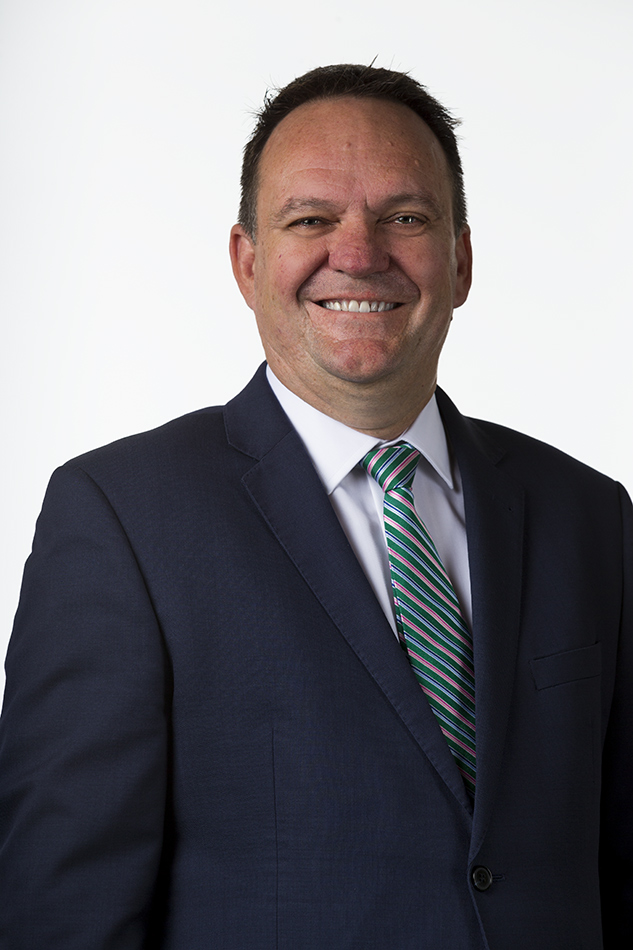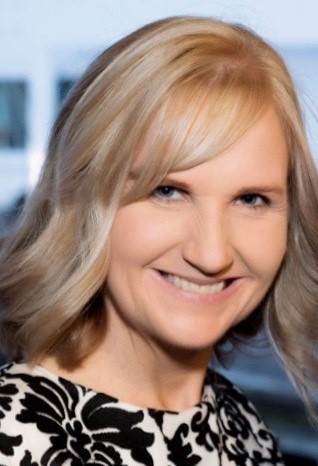
Enabling people to move beyond COVID stress to workplace success requires putting mental health first, Gallagher Bassett NZ's Craig Furness and Gabrielle Cook tell HRD

This article was produced in partnership with Gallagher Bassett NZ
Traffic light systems, checkpoints, vaccine passes, exposure alerts – welcome to the age of Delta and Omicron, where we’re learning to adjust to a slightly wonky version of reality. In an ideal world, however, we wouldn’t simply be coping but thriving – not least at work. So how can businesses help their people move beyond survival mode to a place of wellness?
For Craig Furness, CEO NZ of global claims and risk management specialist Gallagher Bassett, one thing is crystal-clear: any workplace wellbeing focus must prioritise mental health.
“The more we understand the benefits of a wellness program with mental health at its centre, the more we will be able to break down barriers to addressing it,” says Furness.
Those barriers include employee hesitancy in speaking up about mental wellbeing. Some studies show that over 80% of people still think there is a stigma attached to discussing the topic at work, and research from Australia shows employees have become less open about their mental health struggles since COVID for fear of losing their job.
And it’s not just paranoia.
“I read a piece recently that said an employer is far less likely to believe an employee who turns up saying they have a mental health issue than if they say they have a cold,” says Furness. “Yet both things might require time off work. So there is a mindset shift required on the part of employers. When that happens, those stigmas will tend to disappear.”
Part of this shift will involve accepting that people bring their whole selves to work and that an employee’s personal thoughts and experiences impact their performance, says Gabrielle Cook, Gallagher Bassett national manager,people & culture. “Employers need to be open to have that conversation, to understand how we support people to get the best out of them.”
While the specifics of this support may vary from organisation to organisation, there are some prerequisites for enabling employees to move from survive to thrive, say Cook and Furness. These include:
Ultimately, whatever program you put in place, the key is to take action and be open about the what and the why. “Keeping mental health at the centre of our health and wellbeing focus is a really important thing we can be doing to look after our people and their families.”
Craig Furness
Craig Furness has over 28 years’ experience in senior management positions. This includes working for AXA, Colonial Mutual, Marsh/Mercer, Sovereign Insurance and serving as CEO of Cosignia for eight years. When Gallagher Bassett acquired Cosignia in 2015, Furness moved into the role of managing director. Under his leadership, Gallagher Bassett has expanded rapidly to become the leading third party administrator in New Zealand, operating in the areas of life and health, personal injury, general insurance and occupational health.
Gabrielle Cook
Gallagher Bassett National Manager, People & Culture